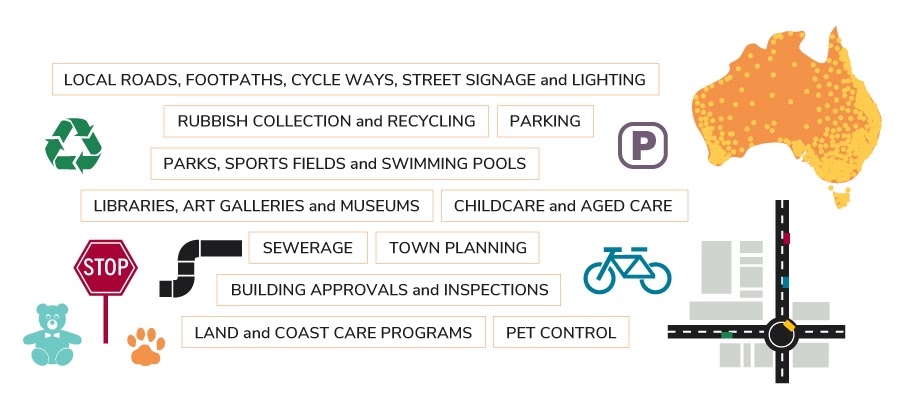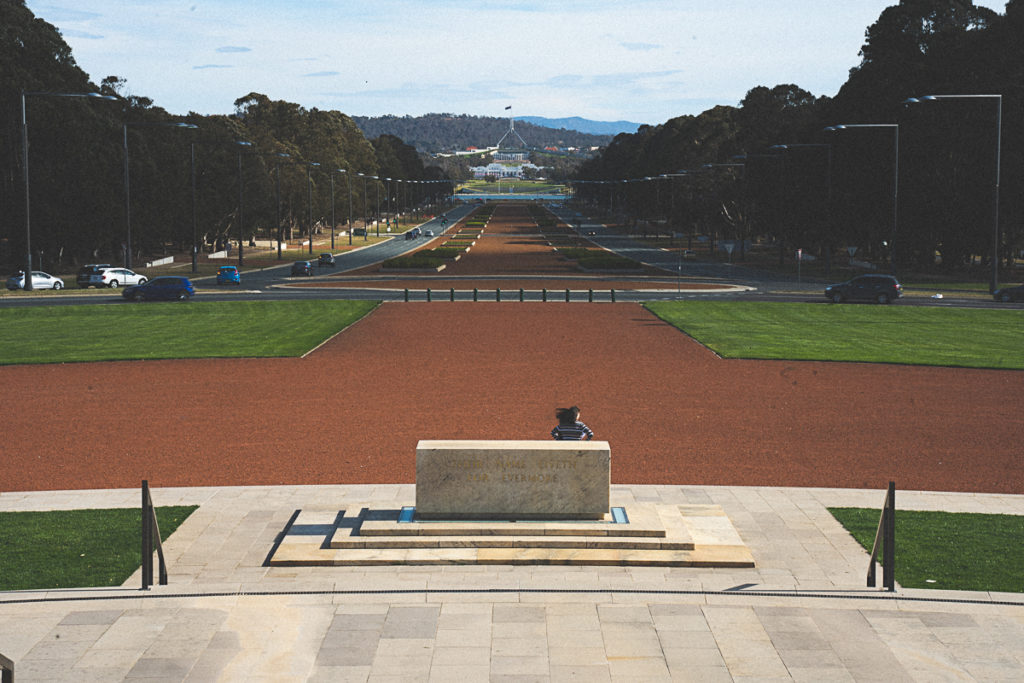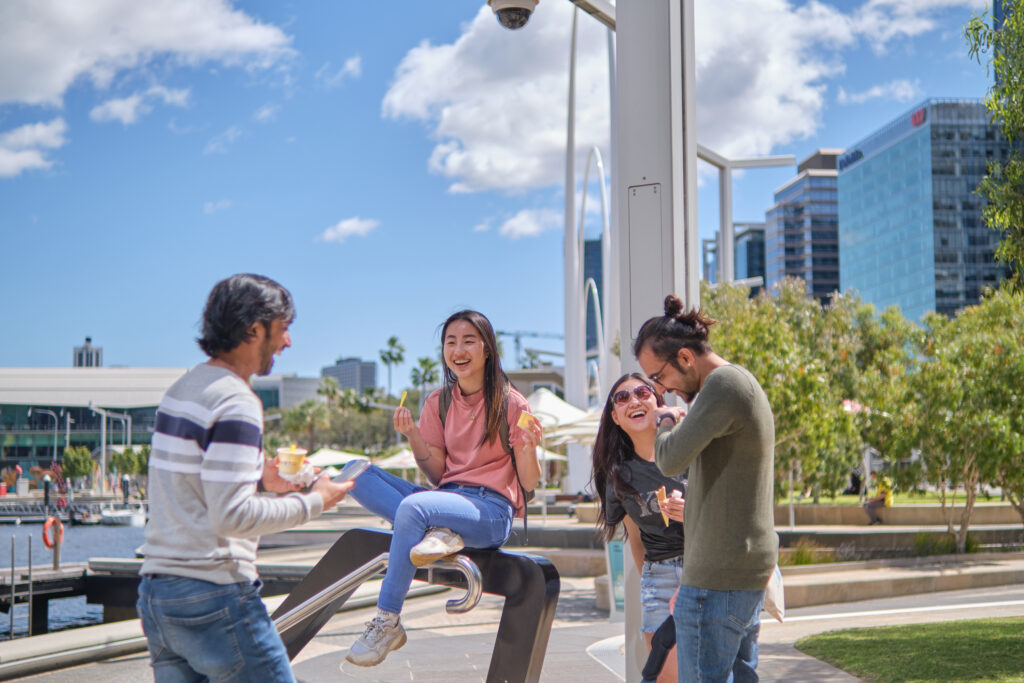As international students, it can be daunting to understand Australia’s electoral system and what rights you may have.
How can you, as international students, make an impact and contribute to the communities you live in? Do you possess voting rights?
Australia’s federal election has been called for 3 May 2025, so there will be a lot of news, political advertising, and information about how to vote coming out in the near future.
Government in Australia
To understand that, we first need to have an understanding of Australia’s levels of government. Australia has three levels of government, and therefore holds three separate elections. These elections are the federal, state/territory, and local elections.

The roles and responsibilities of each level vary, but each of the three levels of government has its own executive that puts laws into action.
Federal government
The federal parliament election focuses on electing leaders who make and implement laws for the whole of Australia. Some examples of the type of areas the federal parliament covers are foreign policy, immigration laws, and trade and commerce laws.

State/territory governments
The state and territory elections (there are six states and two mainland territory parliaments) focus on electing leaders who make laws that guide each individual state and territory. The state parliament is the decision-making body of the state/territory government.

Local government
Finally, the local council (also referred to as city council) elections focus on making local laws or by-laws for that specific region, suburb or district. There are more than 500 local councils across Australia, established by state/territory governments to look after the particular needs of a city or local community. 
Can international students vote in Australia?
We’ve all seen posters and received pamphlets in our mailboxes about candidates for local city council elections, and we’ve seen news about state/territory and federal parliament elections.
According to the Australian Electoral Commission (AEC), the eligibility criteria to vote in Australia are:
- You are an Australian citizen
- Aged 18 years and over, and
- Have lived at your address for at least one month.
This means that international students are not able to vote in the upcoming federal election in Australia.
However, there may be certain situations where you can vote, with opportunities to make a difference in your local area and to contribute to local democracy.
For example, non-Australian citizens were able to vote in South Australia’s 2022 council elections if they had lived at their current South Australian address for more than 30 days, and were aged 18 years old and above. This included:
- International students
- Temporary or permanent residents
- Visitors on a holiday visa
- Visitors on a working visa
When your local council elections are called, check if non-citizens are able to vote. This will mean you can contribute to change in your local community
How you can contribute to Australia’s democracy
So, what if you do not possess voting rights as an international student? Does that mean there’s no point in getting involved in local city councils? Or are there potential benefits of getting involved regardless of voting rights?
Kasun Kalhara, a former international student, has volunteered with the Brisbane City Council. However, Kasun could not vote in local city council elections as an international student.
Kasun shared with us that “despite being unable to vote, being involved with the local city council has provided me with a sense of belonging and a greater understanding of the local activities and culture”.
“All international students [should] be involved with local councils,” says Kasun. “Voting is not the only way to have your voice heard. Being involved is a two-way street: while you learn more about the city and the people behind the scenes, they learn more about you and your experiences as an international student. This goes a long way in making a positive impact on how local city leaders place value on international students.”
Kasun also emphasises that engaging with local councils helps international students integrate more seamlessly into their new environment. It provides firsthand exposure to how the city operates, fosters cross-cultural understanding, and enhances communication skills. Additionally, it allows students to contribute fresh perspectives that can shape policies and initiatives, making local communities more inclusive. This involvement not only enriches their own experience but also strengthens their sense of belonging, turning their time abroad into a more fulfilling and impactful journey.
Overall, it seems that getting involved is definitely a way of having your voice heard, despite not having voting rights. If you are keen to know more about how to get involved with your local city council, reach out to them directly or check out their websites for volunteering opportunities. So, get out there, get involved, and be the voice of international students within your local area!
All pictures sourced from Parliamentary Education Office





